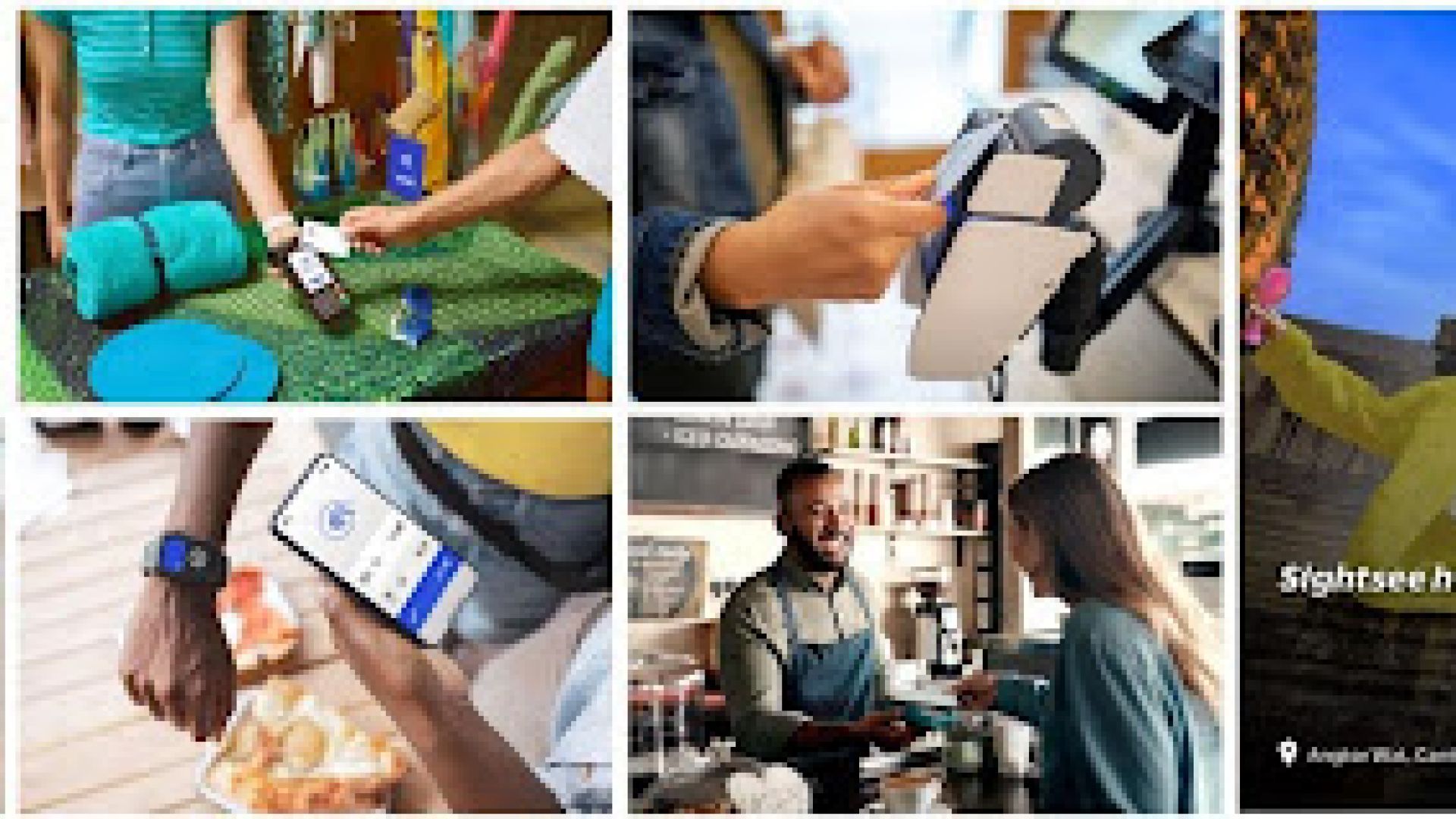Visa, a world leader in digital payments, is introducing resources to help Filipino merchants, especially small and medium-sized businesses (SMEs), take full advantage of Visa’s digital payment solutions to optimize the customer shopping experience and increase sales, particularly in the tourism sector. This is part of Visa’s commitment to empower Filipino SMEs and boost tourism, a crucial growth sector for the economy, by helping more merchants offer seamless contactless payments. By partnering with Visa, merchants can leverage the trust inherent in Visa’s brand name, which was named the world’s most valuable payments brand and the sixth most valuable brand in the world.

The SME online toolkit, available at https://www.visa.com.ph/run-your-business/accept-visa-payments.html, offers merchants detailed, step-by-step instructions in English, including a script for cashiers on how to initiate and complete digital payment transactions. The toolkit describes how most Visa cards have the contactless feature as identified by the symbol and includes instructions on how customers can tap the terminal with their card themselves to make payment – an experience preferred by consumers post COVID-19.
Visa’s latest Global Travel Intentions (GTI) study found that 97% of Asia Pacific travelers will bring their cards when travelling, and only 17% intend to bring cash (foreign currency). The number of travelers bringing cash on their trips has also fallen by 60% post-pandemic. The study showed that travelers prefer contactless payments, especially for those coming from Australia, New Zealand, and Singapore. 80% of Australian and New Zealand travellers, and more than 70% of Singaporean travellers, made contactless payments when travelling overseas. This reaffirms the growing importance of digital payments in enhancing the overall travel experience.
Contactless payments help to facilitate cross-border transactions, which in turn help bolster the tourism industry in the Philippines, one of the important growth pillars of the country’s economy. More than two million travelers visited the Philippines from January to April 2024, according to the Department of Tourism’s (DOT) April 2024 figures.
Contactless cards use the same security measure as physical chip cards by generating a transaction-specific, one-time-use code, thus protecting payment information. Contactless payments also improve sales throughout for merchants and reduce the handling of cash, as faster transaction times mean shorter lines and less chance of lost sales.
Jeff Navarro, Country Manager for Visa Philippines, said: “Visa is committed to empowering businesses with the latest payment technologies and enabling contactless payments to support the growth of tourism in the Philippines. Similar to DOT’s latest April 2024 figures, Visa’s data for the same month shows that the majority of tourists visiting the Philippines originated from the US, followed by Canada, Australia, United Kingdom, South Korea and Japan, with year-on-year growth of contactless payments by these travelers. With Visa’s new SME online toolkit, we hope to facilitate the widespread adoption of digital payments among SMEs, addressing the needs of the travel ecosystem and aligning with the preferences of today’s travelers.”
The Department of Tourism recently launched the “Love the Philippines” campaign and other tourism-related initiatives to attract more tourists. As part of its efforts to support the growth of tourism in the Philippines, Visa recently participated in a panel at the GoNegosyo Tourism Summit, co-presented by the Department of Tourism, to foster sustainable businesses in the tourism industry.
Visa also partners the Pacific Association of Tourism (PATA) to drive the Tourism Destination Resilience Program aimed at bolstering a sustainable tourism industry in the Philippines. As part of this partnership, Visa conducted a workshop in Laguna in September 2023, training nearly 45 tourism SMEs on financial, risk management, digital skills, and highlighting digital payments preferred by tourists. The Department of Tourism assisted in this training, identifying digital inclusion solutions for SMEs in tourism.
In 2023, Visa launched the SME Accelerator Program in the Philippines to support SMEs and partners through competitive pricing, faster onboarding, and comprehensive take-to-market support. The expanded SME Accelerator initiatives will also focus on a wider set of partnerships with ecosystem participants to serve smaller sellers and fast-track solutions deployment for SMEs.




